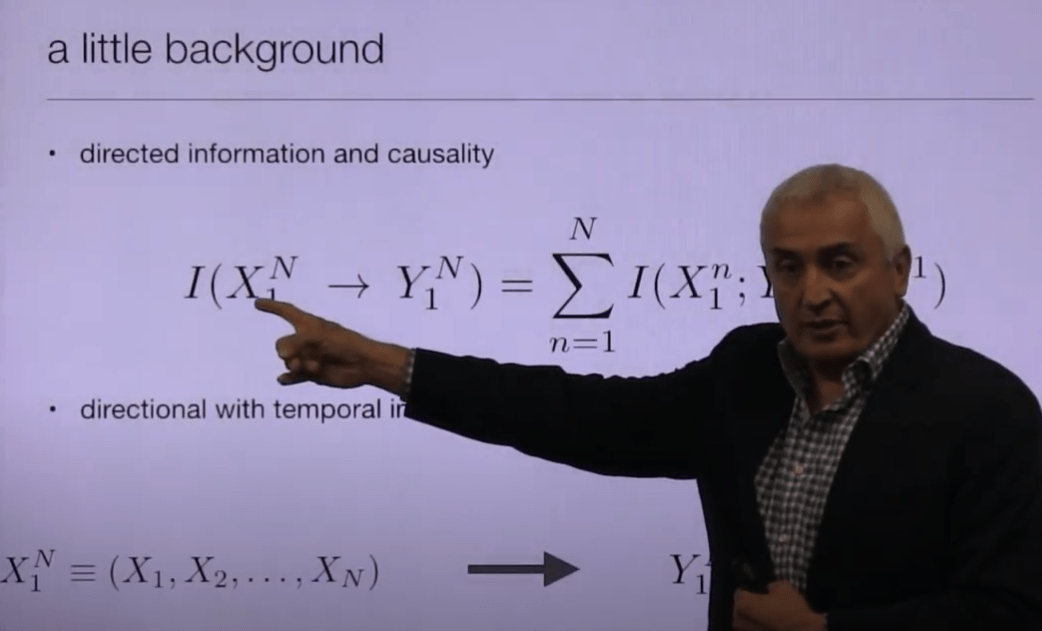Undergraduate
ELEC 475: Learning from Sensor Data
This course will offer undergraduate and graduate students’ depth in a few topics while focusing on applications; leading students to start a formulation, develop algorithms, and finally consider building a system. The course will focus on a probabilistic approach to working with sensor data, which includes characterizing statistical properties of data, designing a system based solely on data and a statistical analysis of the performance of the resulting system. The framework to study the physical system therefore, will be data driven. Topics will include representation of data, estimating key characteristics of data and powerful data processing tools. These tools will be used in inference, regression, classification and clustering problems. The course will step back to consider sensors and systems used to gather data. Topics will include sensors, electrodes and biosensors as well as amplifiers and microprocessors. The course will conclude with applications to recording and stimulations of cardiac and neurological systems.
This course is offered in the spring semester.
For additional details, view the Rice University Course Catalog.
Graduate
ELEC 533/CAAM 583: Intro to Random Processes and Applications
This is a graduate course on random processes, which is designed to prepare students for graduate work in communications, networking, signal processing, neuroengineering, data science and computer systems. The course covers basic concepts and useful analytical tools for engineering problems involving discrete and continuous-time random processes.
- Review of Basic Probability: probability spaces, random variables, distribution and density functions, expectation, characteristic functions, conditional probability and conditional expectation
- Sequences of Random Variables: convergence concepts, laws of large numbers, central limit theorem
- Random Vectors and Estimation: random vectors, covariance characterization jointly Gaussian random variables
- Basic Concepts of Random Processes: definition and classification, stationary and ergodicity, correlation functions, continuity, differentiation and integration of random processes
- Random Processes in Linear Systems: spectral analysis of random processes in linear systems, the orthogonality principle
- Special Processes: Markov processes, Wiener Process, Poisson processes, shot noise, thermal noise
- Spectral Representation of Random Processes: white noise integrals, expansion of random processes
- Applications: signal detection, classification, feature extraction, parameter estimation
This course is offered in the fall semester.
For additional details, view the Rice University Course Catalog.

